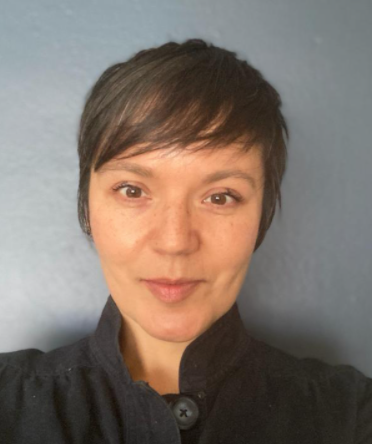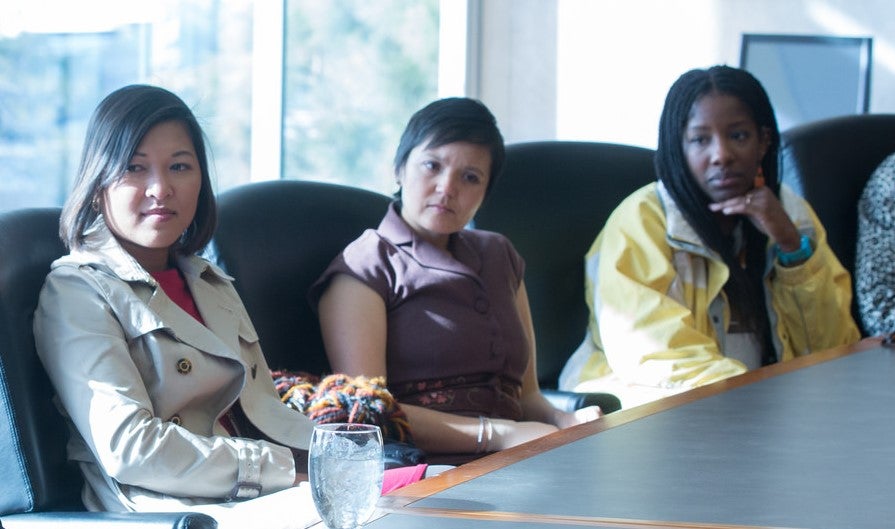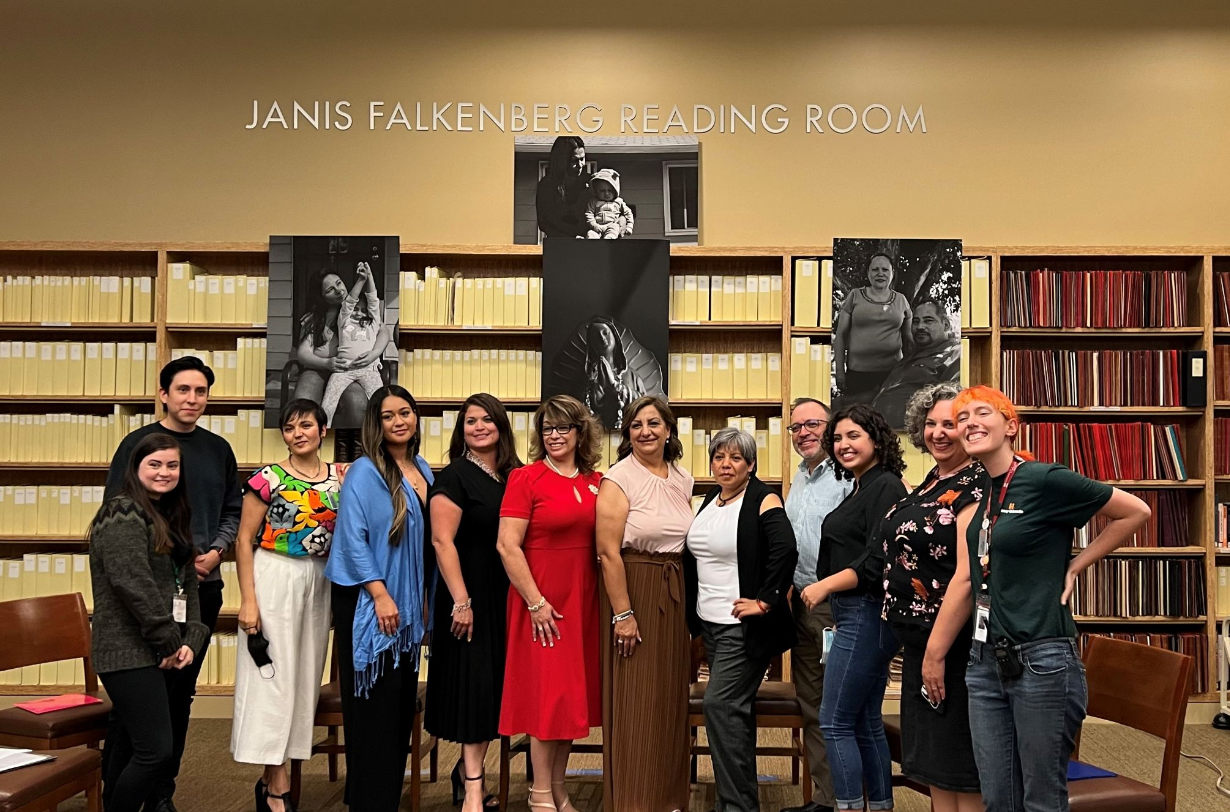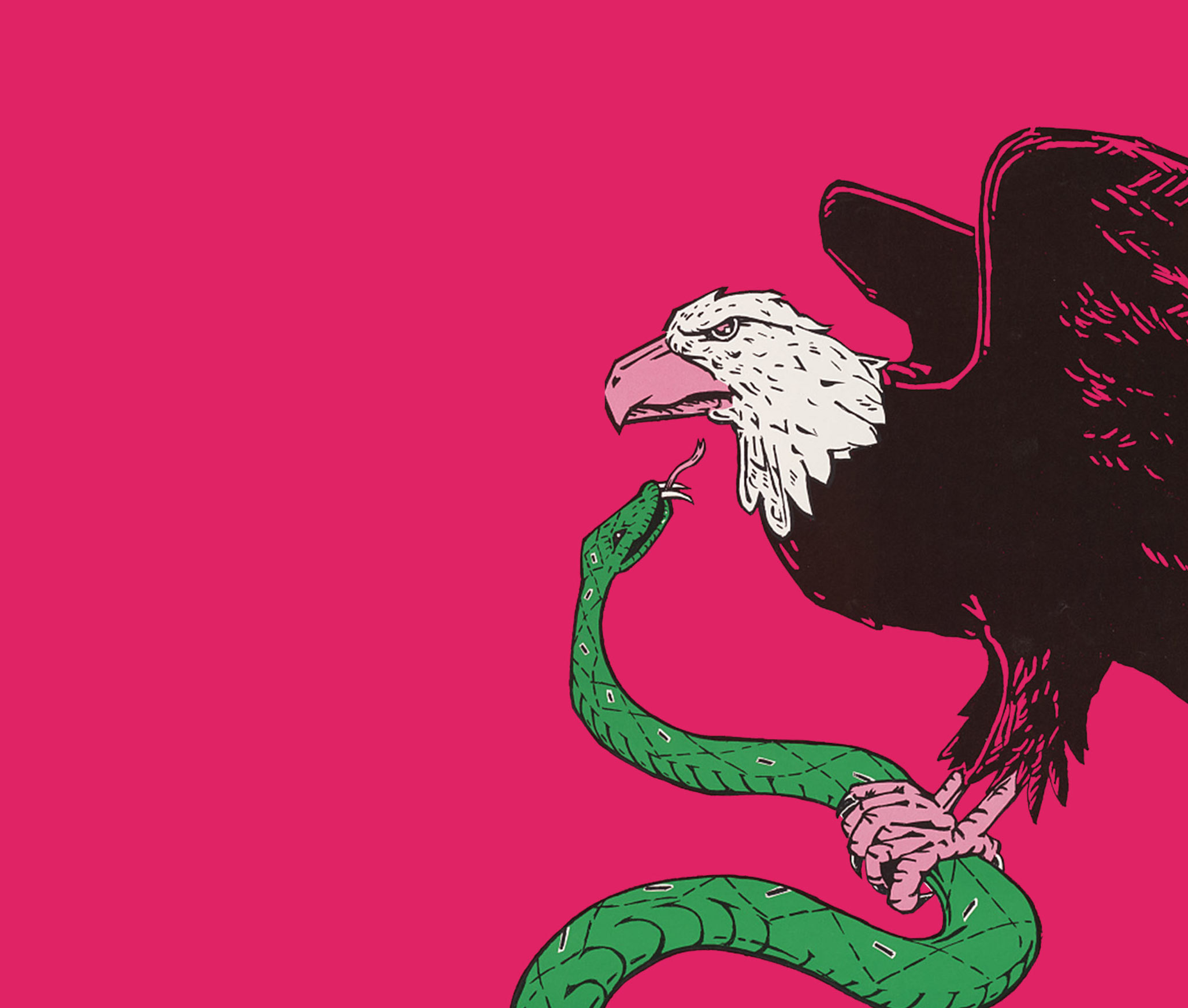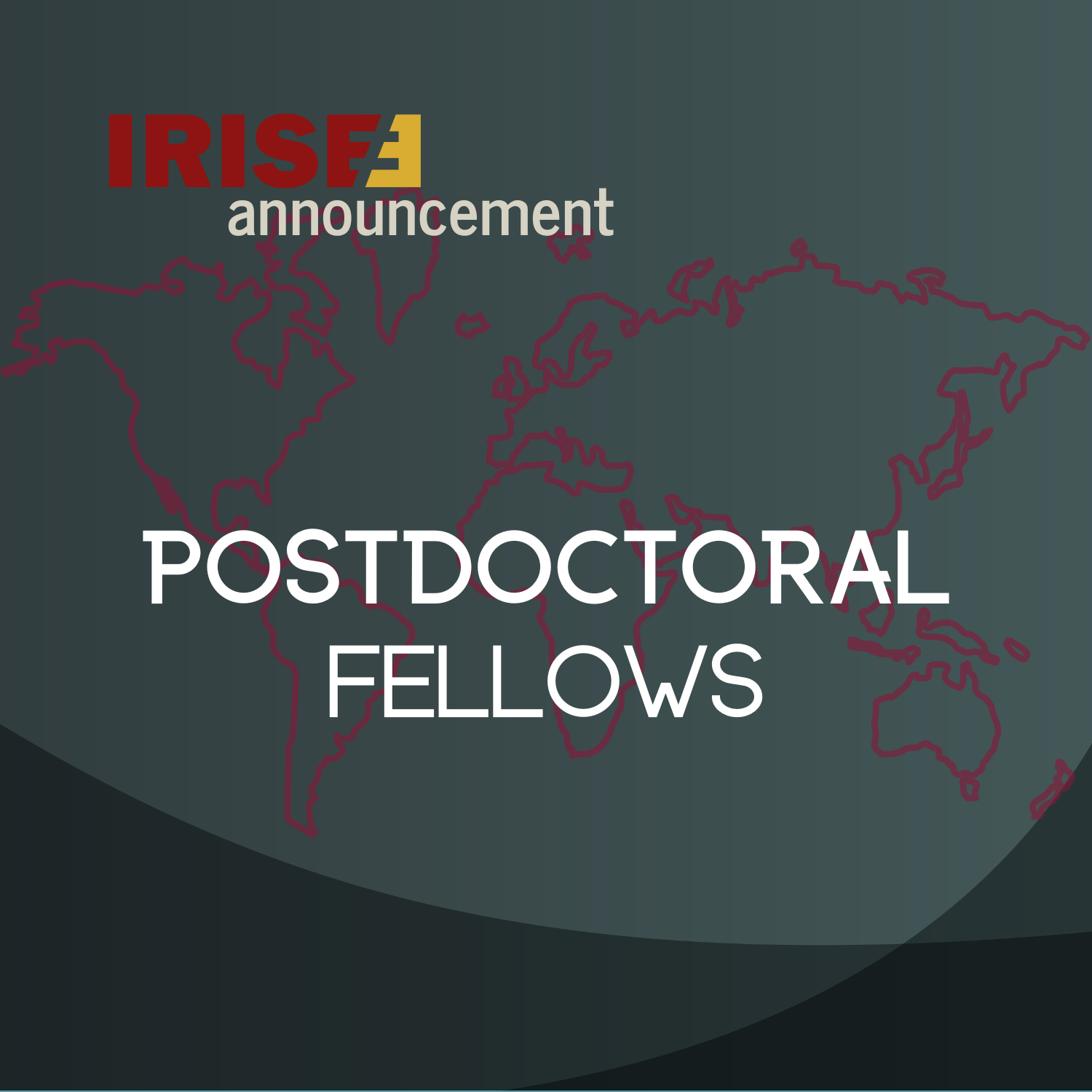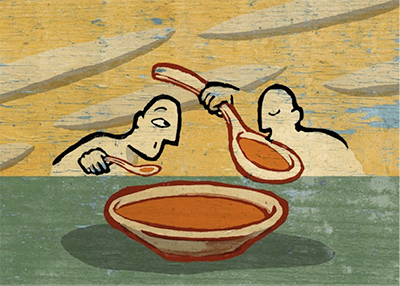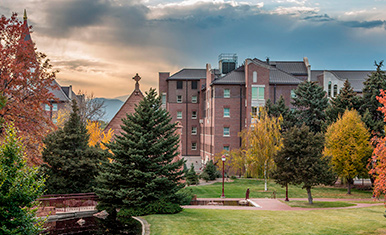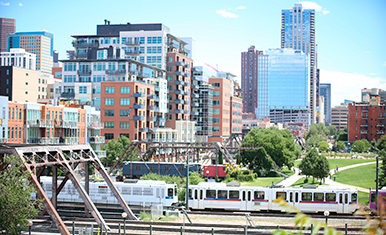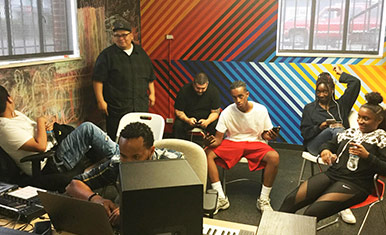Catching Up With an IRISE OG
#becauseofirise
Dr. María Islas-López was part of the first-ever cohort of IRISE postdoctoral fellows. A sociologist by training, Dr. Islas-López embraced IRISE’s interdisciplinary mission and vision to think differently and approach problems collectively about inequity and inequality. For this reason, Dr. Islas-López was based in the Department of Psychology and primarily mentored by Drs. Omar Gudiño (now at the University of Kansas) and Julia Dmitrieva.
A scholar whose dissertation examined how the dreams of Mexican migrant families shaped their approach to the challenges they confronted everyday across border, Dr. Islas-López work has grown in unexpected ways. She currently serves as Manager of History Colorado’s Museum of Memory Initiative which works towards reanimating, amplifying and preserving, alongside community members, the memories of Coloradoans whose histories have long existed only in the margins.
We recently caught up with Dr. Islas-López to reflect on the last ten years.
You were an original IRISE postdoctoral fellow. Tell us about yourself and the original cohort.
My tenure as an IRISE fellow started in the Fall of 2014 alongside Subini Annamma and Jennifer Grace-Ewa—Dian Squire joined us the following year after Subini took a faculty position at the end of year one.
At that time the ‘I’ in IRISE stood for Incubator. There was a lot of excitement around this first cohort, both within the IRISE community and the broader DU campus. It really felt that we were at the center of innovation and possibility, but also that we were given a front-row seat to the reality of doing the work IRISE was set to pursue in the context of a predominantly white institution. It was a heady time because there was a lot of curiosity and a great deal of open-endedness.
What were your thoughts then about the program?
Sometimes, it was a bit daunting. We were all continuously building roadmaps for how to think about the big picture of the program and how to pull together the many related parts while managing the details of the specific projects each of us was involved in. Especially during the first year, people were still figuring out what was the role of the postdoctoral fellows, and how they would interact within the program and in the broader context of the institution. And, in many ways, that was the beauty of that time.
As fellows, we learned together to be flexible and adaptable. We got to be experimental and creative in how we approached our work and, particularly, in how we could collaboratively communicate it to the public. I have fond memories of working with Subini, Jennifer, and Varaxi Yi Borromeo (then a Graduate Student who ran IRISE’s Rogers Salters Institute and now an Assistant Professor at Fresno State University) on a TED-style talk presentation for the 14th Annual Diversity Summit (2015): Interrogating the ‘I’ in IRISE: Power, Privilege, and Research at DU and Beyond. We were four women of color with graduate education being the plenary speakers in a nearly full 400+ seat auditorium talking about empowering and empowered voices. That was a moment when I felt IRISE’s promise and potential shine through.
How did your time as an IRISE postdoctoral fellow prepare you for your current roles in the History Colorado’s Museum of Memory?
In my current position, I am the manager of a state-wide public history and collective memory initiative called Museum of Memory—which I joined three years ago while still in its startup stage. Its main goal is to work with communities with the least heard voices in the state to collaborate in deciding how to remember their history through community-based memory projects. Thus, we support communities in the collection, preservation, and accessibility of their collective past on their own terms. In the process, we work towards a more diverse and inclusive archive and collection that centers the intentions and motivations of community members in the exploration of their own history. Undergirding my work has been relationship-building and collaboration within History Colorado across units and, especially, with community members. During this time, I have also experienced how my sociological training can be activated in the context of a cultural institution to support efforts to confront its historic complicity in suppressing community voices and to move forward toward equity and more inclusive practices.
In many ways, my experience in my current position mirrors that of my time as an IRISE postdoctoral fellow. I was part of the inaugural cohort that experienced the excitement and the possibilities of an incubator in its first stages of operations. As a cultural and cognitive sociologist, I was a qualitative researcher hosted at the Psychology department collaborating with quantitative researchers, expected also to work collaboratively with fellow postdocs and faculty across many disciplines. In addition, I was challenged to intentionally think about how to use my research and scholarship to promote equity, inclusivity, and social justice in historically underrepresented communities. Especially, because of the projects I was part of at Omar Gudiño’s Services for at Risk Youth and Families Research Lab (which involved working in close partnership and collaboratively with community organizations and groups), I started getting really exposed to working with the community in different ways than how I had done it through my research in and about community settings.
My tenure as an IRISE fellow was a true learning-by-doing type of experience. I can confidently say that the challenges and triumphs of that time allowed me to strengthen the skills I need to activate to successfully do the cross-unit, community-based, and equity work I am currently engaged with. Also, it was crucial to my understanding of my own positionality both as a sociologist and a Mexican immigrant woman. But especially, it prepared me at least to start thinking about how to put my goals, methodology, and intent in conversation with the goals of the community to embrace the opportunity of working together towards community success.
Before IRISE I sort of knew what this was, in a really general way, and I certainly had a feel of what it meant to engage with the community, ask questions and listen and be in relationship. However, the work I was engaged with as an IRISE fellow gave me a hunger to learn more about the possibilities that open up when we rethink how communities and academics interact and traditional power structures with their related knowledge production practices are disrupted.
To learn more about Dr. María Islas-López work as Manager of History Colorado’s Museum of Memory Initiative, please check out this Denverite story from March 22, 2023. Her work is also featured in The Colorado Magazine.
